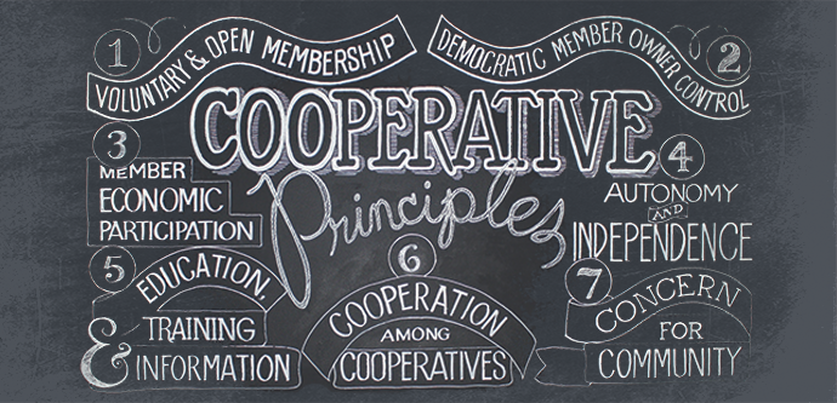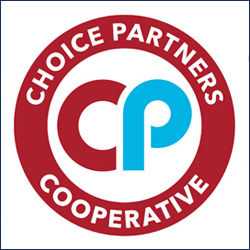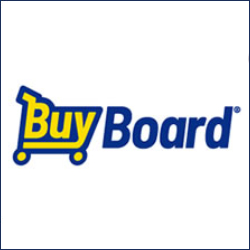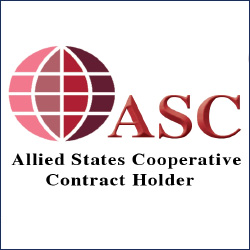
WHAT IS A COOPERATIVE?
In general, a cooperative is an organization made up of individuals or individual organizations that share their resources toward a common goal.
Common examples of cooperatives:
- Credit Unions
- Marketing cooperatives, such as the Milk or Beef industry (you’ve seen the commercials)
- Condominiums – owners share the cost to upkeep/upgrade the common areas
- Employee-owned businesses
- Procurement cooperatives – these are the ones we’re interested in for this topic
HISTORY OF COOPERATIVES
 There are many historical steps to today’s cooperatives, but here, we offer those directly related to purchasing cooperatives:
There are many historical steps to today’s cooperatives, but here, we offer those directly related to purchasing cooperatives:
1752 – The Philadelphia Contributionship. This cooperative was co-founded by Benjamin Franklin. Members agreed to make equal payments to the contributionship, which would be used to pay for losses any member would sustain through fire to his property. The first policies had a term of seven years. After the policies expired, the premium money was returned to the policyholders. (Source: PBS.org)
1844 – Rochdale Society of Equitable Partners. An early consumer co-operative, and one of the first to pay a patronage dividend, forming the basis for the modern co-operative movement. Although other co-operatives preceded them, the Rochdale Pioneers’ co-operative became the prototype for societies in Great Britain and beyond. The Rochdale Pioneers are most famous for designing the Rochdale Principles, a set of principles of co-operation that provide the foundation for the principles on which co-ops around the world operate to this day.

Many aspects of these objects can be seen directly in the modern-day co-operative movement. (Source: Wikipedia.org)
1850s – The Cooperator. William King (1786-1865) advocated the development of consumer cooperatives to address working class issues. This self-published magazine provided information on cooperative practice as well as theory. King emphasized small cooperatives that could be started with capital supplied by members. He stressed the use of democratic principles of governance, and the education of the public about cooperatives.
1916 – Cooperative League of the United States of America (CLUSA). The CLUSA was formed as a United States membership organization for cooperatives, businesses that are jointly owned and democratically controlled. Think of this as a cooperative for cooperatives. Today, this organization continues as the National Cooperative Business Association (NCBA). (Source: Wikipedia.org)
1922 – Capper-Volstead Act. Also known as the Co-operative Marketing Associations Act, it gave “associations” of persons producing agricultural products certain exemptions from antitrust laws. It is sometimes called the Magna Carta of cooperatives. (Source: Wikipedia.org)
1949 – Government Services Association (GSA). The GSA was set up to streamline the administrative work of the Federal Government. The original mission was to dispose of war surplus goods, manage and store government records, handle emergency preparedness, and stockpile strategic supplies for wartime. GSA also regulated the sale of various office supplies to federal agencies and managed some unusual operations, such as hemp plantations in South America. Today, the mission has evolved to provide stewardship of the way the government uses and provides real estate, acquisition services, and technology. This is the “daddy” of all purchasing/procurement cooperatives. (Source: GSA)
1960s – Localized Procurement Cooperatives Develop in the Education Field. An example of a purchasing cooperative is Harris County’s Department of Education in Texas, which has created three procurement cooperatives:
- Choice Facility Partners, a facility services cooperative,
- Gulf Coast Cooperative, a food cooperative primarily serving schools, and
- Harris County Department of Education (HCDE) Purchasing Cooperative, offering more than 275 vendor contracts for commodities.
Various schools, colleges and universities, municipalities, counties, municipal utility districts and other governmental entities sign an interlocal contract with HCDE, thus becoming members that can access any of the multitude of competitively bid and legally awarded contracts available through their cooperatives. To optimize processes, these three cooperatives were combined into Choice Partners national cooperative in 2012. (Source: Wikipedia.org)
BENEFITS OF USING PURCHASING COOPERATIVES

- FREE – Generally, being a member of a purchasing cooperative is free.
- Save staff time in purchasing – Contracts are already competitively procured
- Save staff time in construction, purchasing and food services
- Save money
- Improve efficiency
- Extend staff time through use of these contracts
- Compliance with local and federal procurement regulations (most purchasing cooperatives)

- A solicitation is issued, usually a Request For Proposal (RFP), Request for Quote (RFQ), or Competitive Sealed Proposal (CSP).
- The solicitation is advertised per state statute.
- Interested companies submit a sealed response by the due date. Responses are opened at given date and time.
- Responses are reviewed, evaluated, and tabulated with references checked.
- The evaluation committee makes a recommendation and places it on the next board agenda.
- The governing board awards the contract at a scheduled board meeting.
- Successful proposers become awarded contract holders.






